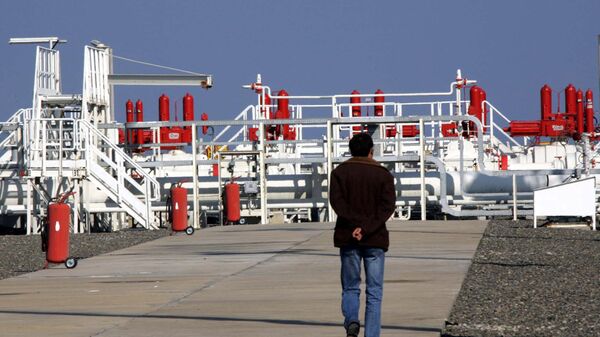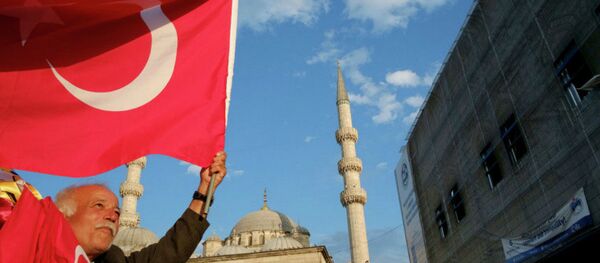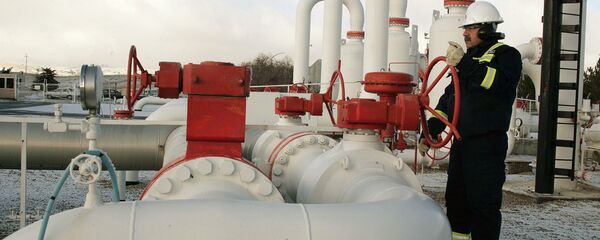Following the incident, Russia announced a set of responsive measures, including economic sanctions and the suspension of the visa-free regime between the countries. It also called for Russian citizens not to visit Turkey.
Despite Russia’s anger after the downing of the Su-24 bomber the government said it would not use military force in response. Meanwhile, Russian has some strong cards against Turkey, besides military options, the article read.
The strongest card is natural gas. Russia began developing the Turkish Stream project to transport its gas, bypassing Ukraine. The project was planned to transport over 60 billion cubic meters of gas a year to meet the gas demands of the EU and Turkey. It was to make Turkey a major player in the global energy market, the article noted.
Currently, the talks on the project have been suspended. No official statements have been though. But Turkey is already bracing itself for the worst. Annually, the country consumes 50 billion cubic meters of gas, with 26 billion coming from Russia. Moreover, the capability of Turkey’s gas storage system is the lowest in Europe, so the country needs regular supplies of gas.
"It is of vital importance for Turkey to find alternative sources for its natural gas needs," the author wrote.
This is why the Turkish government was quick to sign a liquid natural gas purchase agreement with Qatar. Currently, Ankara is in talks on energy cooperation with Azerbaijan. It is also mulls negotiations with Iran. However, Turkey should not rely on supplies from Egypt because the countries do not have good relations. Cooperation with Israel is also doubted.
While Turkish officials keep saying that there is no reason to be pessimistic about Russia’s ban on Turkish food imports and the losses due to the Russian sanctions, expected to be around $9 billion, opposition politicians show no signs of optimism.
The author also presumed that the Russian economy may also sustain losses due to the restrictive measures against Turkey because Russia’s imports to Turkey are $9 billion, apart from natural gas.




